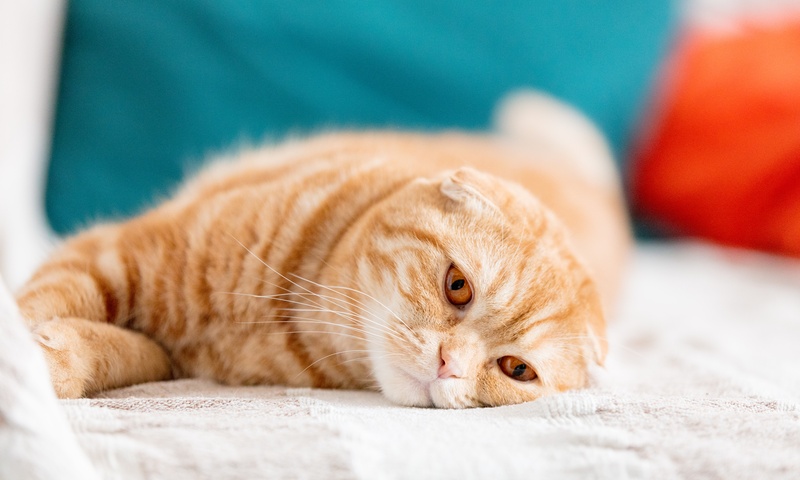Symptoms That Your Cat Is Feeling Unwell

Cats have a reputation for being hard to read, and that can make it difficult for people to notice when something is wrong. Whether you have a cat that’s normally very active or one that’s more aloof, you need to pay attention to any differences in their behavior.
Here are some symptoms that your cat is feeling unwell. Catching these early can help you get your furry friend the help they need to feel better.
Changes in Eating and Drinking Habits
One of the easiest symptoms to notice is a change in your cat’s eating or drinking habits. Is your cat suddenly eating way less than normal or refusing to eat at all? This could be a sign of tummy troubles, stress, or even dental problems.
On the other hand, your cat may suddenly eat or drink far more than normal, which could be related to other causes. Pay attention to these eating habits, look out for sudden changes in their weight, and seek professional advice.
Vomiting and Digestive Issues
Vomiting isn’t that uncommon for cats. Some cats throw up from eating too quickly or to get some hairballs out. However, frequent vomiting can turn into a problem. If you notice anything unusual about it, like the presence of blood, you should concern yourself with your cat’s vomiting. These symptoms may also pair with other digestive issues, such as diarrhea or lethargy.
Vomiting is usually one of the first problems, so keep a close eye on it and watch out for other symptoms. If other problems start to arise, you may want to bring your cat to your local vet.
Behavioral Changes
Another common symptom that your cat is feeling unwell is a sudden change in their behavior. If your normally friendly cat is suddenly acting more reclusive, it could be a sign that something is bothering them. A normally calm cat may suddenly act more irritable or erratic.
While cats can have an off day now and then, sudden changes in their personality or behavior could be a sign of a deeper problem. If the problems persist, consider what recent changes you may have made in your home and see if reverting those changes solves the issue.
Cats tend to hide their illnesses well, so it’s up to us to watch out for these subtle signs. If you observe any of these symptoms, consult a veterinarian for a professional diagnosis and advice.
Would you like to receive similar articles by email?





